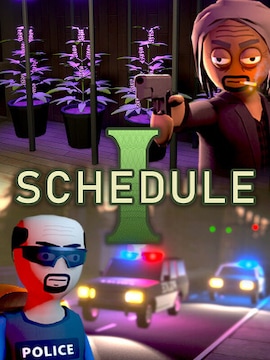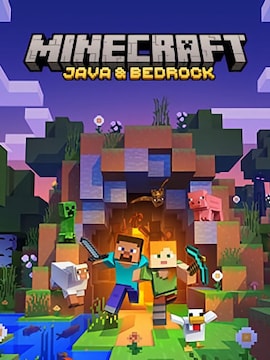The times of a completed product are long gone. And the video game industry is growing the fastest of all, so no wonder that, for several years, gaming as a service became a reality.
Remember the first Microsoft Office suites? It was a one-time purchase that guaranteed an ultimate range of services that never changed until a newer version. As we all know, this business model has changed to an identical tools bundle, constantly updated and supported.
In gaming, this type of service means a title that exists with the assumption that it will be developed in the future, providing players with constant access to new entertainment and challenges. But more than DLCs and minor updates is needed to maintain regular curiosity among players, and that’s why battle and season passes came to life.
The Basics of Battle Passes and Seasons
In the past, games as services were primarily MMO titles, focusing on multiplayer fun. Now this concept also includes single-player games. But let’s go back to the origins of gaming as a service to understand the definitions of battle and season passes.
The precursor in this matter was World of Warcraft, which revolutionized the lacking extras to MMO gameplay, transforming them into unbelievably inspiring content. From then on, everyone wanted to make something like The Burning Crusade – the incredibly massive expansion for WoW that launched the following big DLCs.
This breakthrough sparked the introduction of the season and battle passes across all of the most popular games. Some games with battle pass (Destiny 2) release them as massive or more minor season passes.
They mean access to specific DLCs and content that come at the time of release and will arrive in the future. Players can purchase access to a season of their choice and experience the new story, weapons, raids, and more.
Benefits and Cons for Developers and Players
All these methods sound cool, but they have as many pros as cons. Battle Passes are great because they allow you to get virtual items and advance to the experience levels or more game modes.
What’s more, in games like Fortnite, it’s free, although purchasing the paid version provides access to better cosmetic items. As you can easily guess, all this ensures a constant profit for developers. But when it comes to season passes, they include a few controversies. Some players perceive this method as forcing them to spend more money and play the game regularly for any progress.
Examples of Games with Successful Battle Passes and Seasons
There is no doubt that the most successful battle pass game is Fortnite, which has practically created a source of income for all free-to-play titles. But history and new titles know more examples! Among them, you will discover such great games as Brawlhalla, Fall Guys, and Rocket League.
Battlefield 3 and 4 also released affordable battle passes containing all the DLCs. And many players remember the Borderlands 3 season pass guaranteeing legendary content for this thrilling FPS gameplay.
Conclusion: The Future of Gaming as a Service
Abandoning unfair pay-to-win methods and loot boxes seems to be a good direction. Battle Passes and Seasons only add new stuff but never promise any in-game advantage. They bring enormous and regular profits to developers who can experiment with new themes to see what players like. And speaking of players, this group also benefits from such a model, gaining access to the freshest and most unique content for little money.




